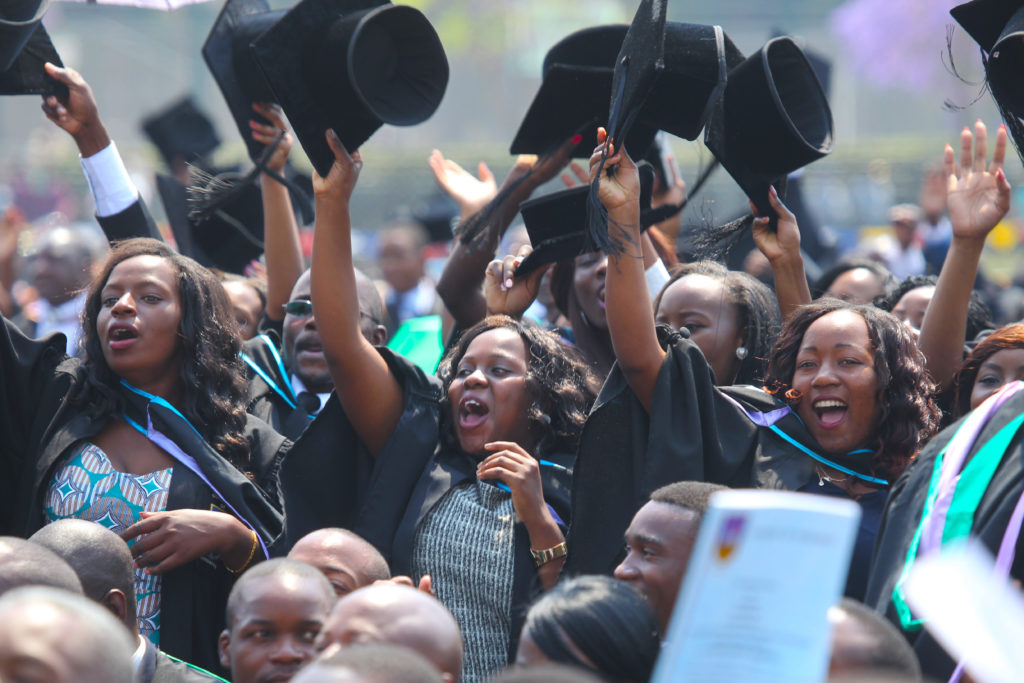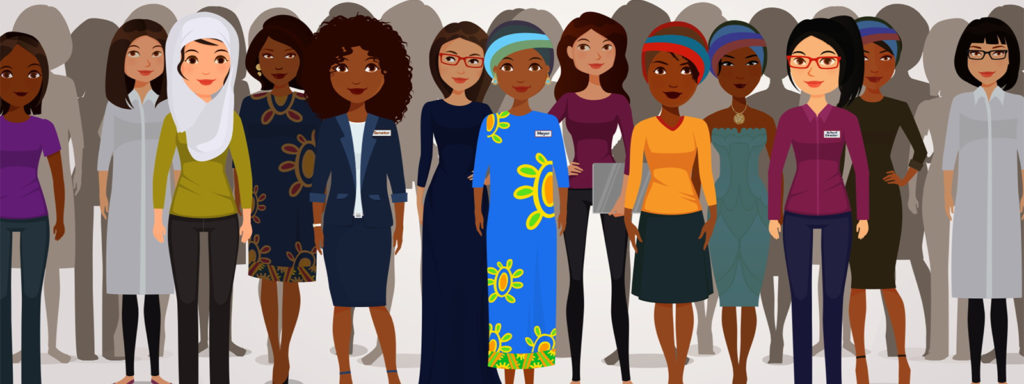How it started
When we started the Women Empowered for leadership (WE4L) program we had to first acknowledge that women across the world, especially in our focus countries, experience obstacles that limit their chances to seek leadership positions in civic organizations, political parties, and public institutions. This, in turn, has limited women’s ability to put their needs, ideas, and priorities on the political agenda and have them taken into account in political and policy decisions.
We knew our goal, to increase women’s effective participation in leadership in politics, public administration, and civil society was a tall feat however we did not lack ideas on how it could be done. Guided by a well-researched Theory of Change, WE4L has made strides towards uplifting women in their various capacities and providing them with the tools they need to get their voices heard.
Hivos partnered with various local organizations and individuals in each of the five countries (Jordan, Lebanon, Malawi, Zambia, and Zimbabwe), to achieve our set goal. Our partners’ shared knowledge and experience working at grassroots, regional, and international levels allowed us to seamlessly plug in interventions fitting with existing initiatives.
How it progressed
WE4L comes to an end after five (2016-2020) years under the support of the Dutch Ministry of Foreign Affairs’ Funding Leadership and Opportunities for Women (FLOW)Fund.
The vast wealth of knowledge between the two implementing regions was beyond what we initially expected and upon realizing the history, experience, access, and knowledge within our partnerships we took care to document, initiate cross-learning across the regions, and support sustainability beyond 2020.
Our work is far from over however, the program has left a long-lasting impression, tools and networks that will continue to grow and flourish beyond the program. The program has reached thousands of women in various ways leaving their lives changed forever.
We have capacitated aspiring women leaders in preparation for elections in Zimbabwe, Lebanon and Malawi. We have capacitated aspiring female leaders to take up roles within their communities and work towards national leadership. We led research on key issues like campaign financing for women and the effects of social media on women leaders to ensure the right information is available to lobby for policy change.
In Zambia and Zimbabwe, gender quotas have been introduced to propel women into previously male-dominated spaces like police force structures and local government respectively. Jordan researched the banking sector as well as looking into security sector reforms which increased data available for gender-oriented lobby and advocacy.
Through our linking and learning platforms, we initiated a promising pilot project in Jordan and Lebanon, a Middle Eastern version of the Southern African Gender Barometer. The Southern African Gender Barometer is a tool developed by Gender Links that has been used successfully to lobby for policy and societal changes towards gender equality across Southern Africa.
The program was not only beneficial to the women we set out to reach but it was an opportunity for self-growth. We learnt a lot from the various partners and beneficiaries in the five years. We stood together during trying times, motivated and supported each other and held hands at platforms that we never thought we could be heard and pushed our agenda together.


